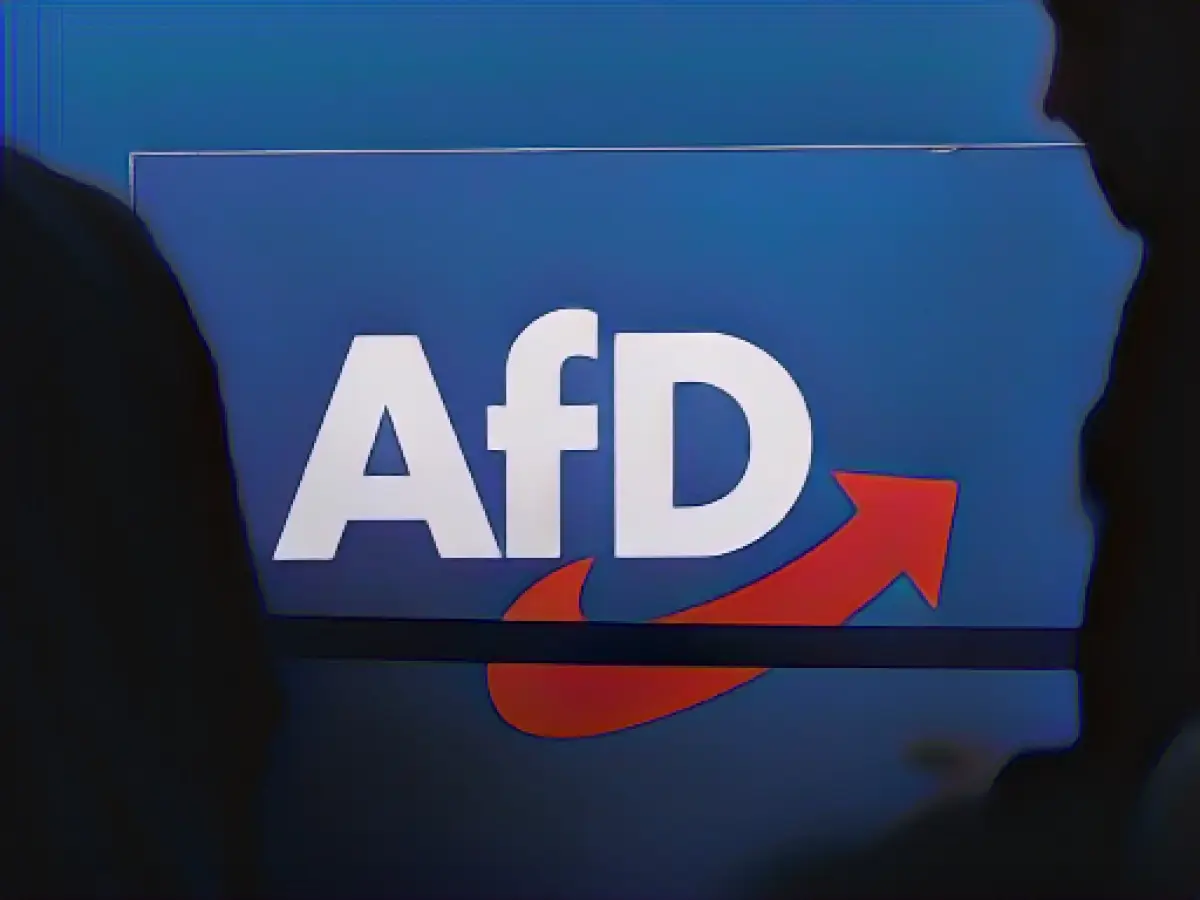AfD Locks Out ARD "Monitor" from Thuringian Conference, Sparks Outcry
The public broadcaster Westdeutscher Rundfunk (WDR) expressed concerns after the Alternative for Germany (AfD) blocked the ARD political magazine "Monitor" from reporting on their Thuringian state party conference. The event begins on Friday, and WDR is considering legal action due to the denial of accreditation.
WDR, responsible for the magazine, views the exclusion as highly questionable, given that the AfD, a parliament-represented party, is denying access to journalists primarily due to disagreement with reporting. WDR's Editor-in-Chief of Politics and Current Affairs, Ellen Ehni, highlighted that press freedom is the backbone of a democratic society.
AfD Justifies its Decision
The Thuringian state spokesperson for the AfD, Stefan Möller, explained the rationale for the exclusion on Platform X. Möller claimed that the party's interest to report on party conferences ends when "there can no longer be talk of journalistic reporting." He also criticized the "crude propaganda" in the reporting, causing an uproar among media outlets.
DJV Condemns AfD's Decision
The German Journalists' Association (DJV) protested against the party's decision. National chairman Mika Beuster perceived the AfD's action as an indication of their dysfunctional relationship with press freedom and critical journalistic reporting. Previously, space constraints were referred to as the reason for keeping journalists away from AfD party events.
However, Beuster pointed out that the party was now blatantly disregarding the freedom of broadcasting and the press. In response to dpa inquiries, the AfD dismissed the DJV's criticism, stressing that various media would be admitted, with some known for their critical stance towards the party.
implications for Press Freedom and Democratic Values
The controversial media access situation raises concerns about the threats to press freedom and democratic values in journalistic reporting. The AfD's history of restricting media access and espousing far-right ideologies fuels these apprehensions.
Enrichment Insights:
- The AfD's actions are a broader pattern of restricting press freedom and seeking to manipulate public opinion, which poses risks to democratic values and journalistic reporting.
- Far-right groups are increasingly threatening press freedom in Germany. The exclusion is part of a strategy to undermine democratic institutions and manipulate public opinion to further their own interests.
- Public broadcasting organizations like ARD and WDR have a critical role in upholding media diversity and independent reporting, providing a counterbalance against potential political censorship.
In conclusion, the AfD's decision to restrict access to ARD "Monitor" highlights the ongoing threats to press freedom and democratic values in journalistic reporting in Germany. It is a critical period for institutions responsible for maintaining media diversity and independent reporting, ensuring that truthful information is accessible to the public.








